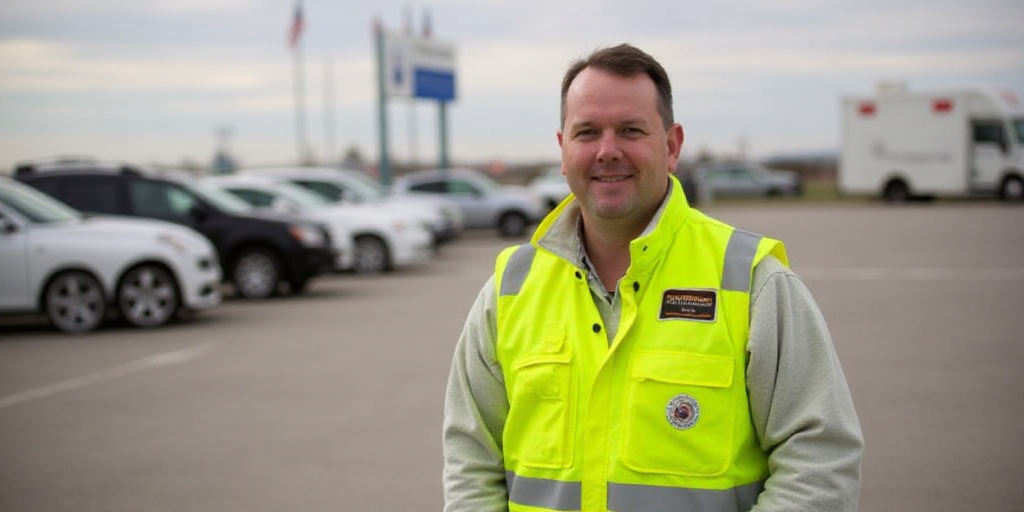Background on the Mennonite Community and Measles Epidemic
In the peaceful Canadian town of Aylmer, where Mennonites in traditional attire coexist with secular residents, vaccine divisions sparked during the COVID-19 pandemic have resurfaced due to a measles epidemic affecting the country. Canada officially eradicated this severe, highly contagious disease in 1998.
However, with 3,500 confirmed cases this year, Canada now has more infections than its neighbor, the United States, which is experiencing its worst measles outbreak in over 30 years, and any other Western country, according to World Health Organization (WHO) figures updated on July 9.
Affected Communities and Key Groups
While various communities are affected, experts believe that anti-vaccination Anabaptist groups in Ontario and Alberta provinces are significantly contributing to the epidemic.
Brett Hueston, a native of Aylmer, shared with AFP that before COVID-19, he didn’t pay much attention to the differing worldviews of Aylmer’s residents. But that changed.
“I grew up thinking, perhaps naively, that we were all on the same wavelength as a community,” said Hueston, 40, whose family publishes the local newspaper Aylmer Express, which has a 145-year history. “COVID really highlighted the differences that existed.”
Aylmer’s Measles Cases and Church Controversies
Aylmer, with its 13 churches for a population of 8,000, became a hotbed during the pandemic.
One of the main congregations, the Church of God in Aylmer, located on a spacious and well-maintained property, defied containment restrictions. Its pastor, Henry Hildebrandt, paid a CAD 65,000 fine (approximately USD 47,000) for gathering worshippers.
“I obeyed God before men,” Hildebrandt said upon acknowledging knowingly breaking the law.
Resentment Among Healthcare Professionals
Michelle Barton, director of the infectious diseases division at the London Health Sciences Center children’s hospital in Ontario, treated some of the most severe pediatric measles cases this year.
It’s “hard to see” the resurgence of a virus that had been eradicated, Barton told AFP. However, she noted not all cases are necessarily linked to unvaccinated Mennonites.
For instance, she cited infections among new immigrants who didn’t get vaccinated after settling in Canada due to a severe shortage of family physicians.
It’s been clear for some time that the presence of “groups of unvaccinated individuals” has made the region more vulnerable to measles, despite finding diverse positions among Mennonite families regarding vaccines.
Some mothers showed openness to vaccinating their children but changed their minds due to fear of their husbands’ or pastors’ reactions.
“They don’t want to go against their culture or the elders (of the church),” explained Barton.
The physician expressed empathy for the Mennonite community, which faces “resentment” from certain healthcare professionals frustrated by an epidemic that could have been prevented.
Overcoming Vaccine Hesitancy
Alon Vaisman, an infectious diseases specialist at the University Health Network of Ontario, stated that authorities must continue to persuade religious leaders about the importance of vaccination, regardless of their opposition.
“From a public health perspective, we should consider nothing insurmountable when it comes to vaccination campaigns,” Vaisman told AFP.
Childhood vaccination rates remain far below what’s needed, enabling another potential viral outbreak, especially measles, Vaisman asserted.
“We truly need to intensify our efforts,” he insisted, acknowledging the challenge. “We’re fighting a wall of misinformation and lies.”
Key Questions and Answers
- Q: Who are the Mennonites mentioned in the article? A: The Mennonites are a Christian group originating from Europe, known for their communities and traditional lifestyle. The article focuses on Mennonite communities in Canada, specifically those in Aylmer, Ontario.
- Q: Why is there tension surrounding the Mennonite community and measles? A: Tensions arise from differing views on vaccination within the Mennonite community, which has contributed to a measles epidemic in Canada. Healthcare professionals express frustration, feeling the outbreak could have been prevented.
- Q: How has the COVID-19 pandemic affected the Mennonite community’s stance on vaccines? A: The COVID-19 pandemic highlighted existing differences within the Mennonite community regarding vaccines, exacerbating tensions.
- Q: What are the challenges in addressing vaccine hesitancy among certain Mennonite groups? A: Challenges include overcoming misinformation, respecting cultural values, and addressing the shortage of family physicians among new immigrants.
- Q: What measures are being taken to increase vaccination rates in Canada? A: Authorities and healthcare professionals are working to persuade religious leaders about the importance of vaccination and intensify efforts to combat misinformation.






